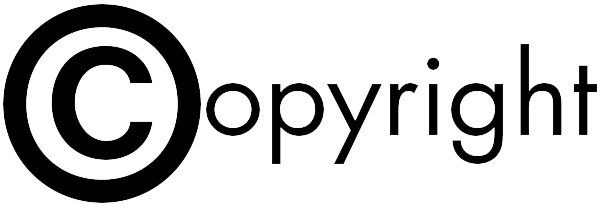TAX AS A MEANS OF CORRUPTION PREVENTION IN INDONESIA
DOI:
https://doi.org/10.56282/sblr.v2i2.567Keywords:
Corruption, Tax, Income, State Administrators.Abstract
Corruption is very worrying, even though there are several anti-corruption laws and the obligation to report Reports State Official Assets (RSOA) to the Corruption Eradication Commission (CEC). This study uses the normative juridical method which its characteristic refers to its existence which is not based on logico-empiricism, but on a priori way of thinking which rely on the strength of values and teachings. It is concluded that taxes must be one of the main means of preventing corruption in Indonesia, given the nature of tax that reaches out to the contribution of taxpayers to the maximum welfare of the people, self-assessment system, fulfillment of the exact calculation of taxes, and income as an additional economic capacity in any name and form that is closely related to Income Tax, Value Added Tax, Land and Building Tax, Obligation Fees Land and/or Building Rights, Regional Tax, and Other Taxes. As the DGT has the duty and responsibility to always monitor closely and periodically any additional economic capacity with any name and form of any Taxpayer, it is expected that the strategic alliance between the DGT and other state institutions should be established, such as the CEC that can send all RSOA data and information from state administrators, as well as law enforcement agencies can send data and information on handling corruption cases to the DGT. Then, the DGT must submit the results of its follow-up to the CEC and other Anti-Corruption Institutions related to the sender of the data and information. This study suggest that a special Tax Office of State Official and (Civil and Military) Apparatus Administration
Downloads
Downloads
Published
How to Cite
Issue
Section
License
Copyright (c) 2023 Scientia Business Law Review (SBLR)

This work is licensed under a Creative Commons Attribution-NonCommercial-ShareAlike 4.0 International License.










